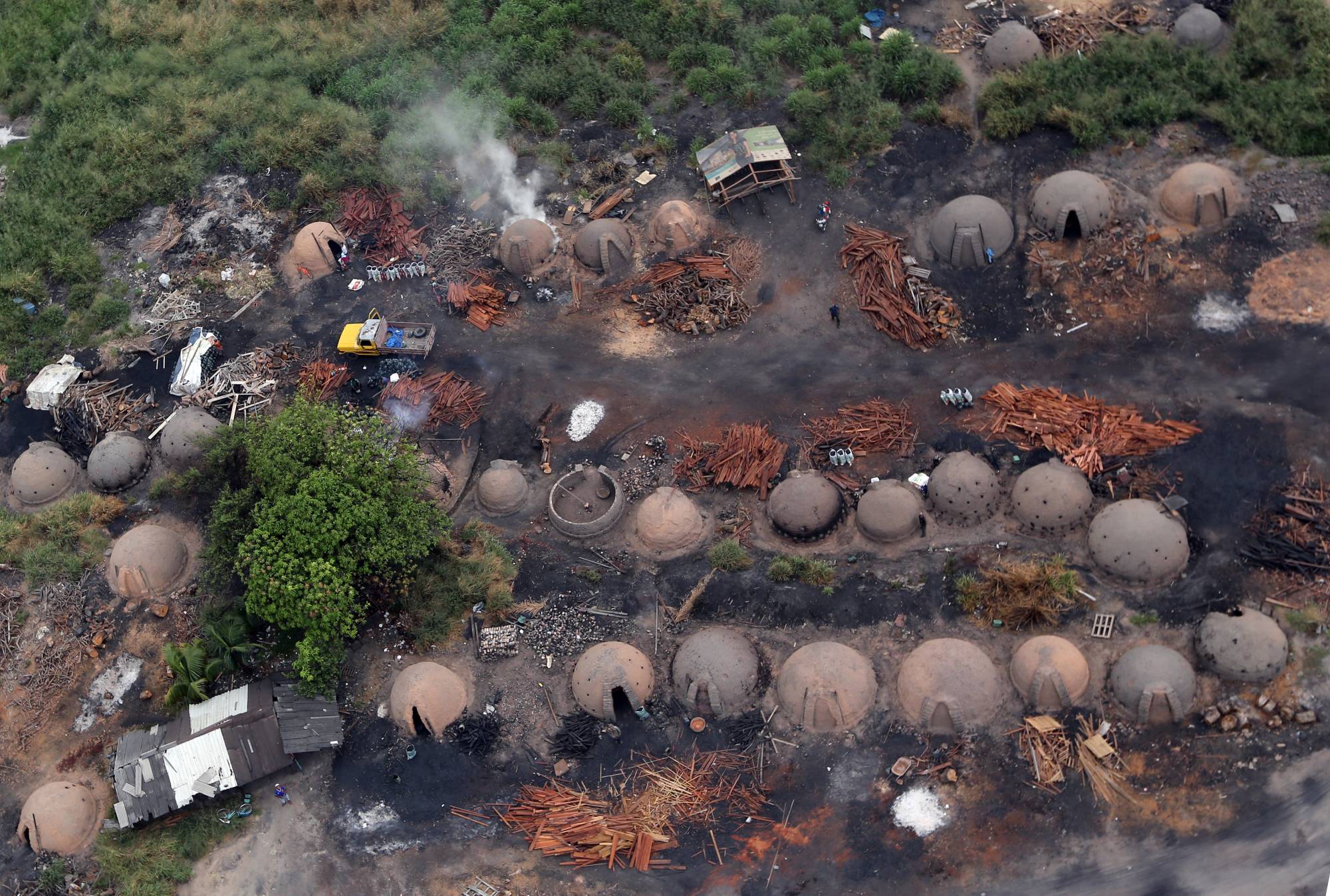For more than a year, Antonio slept with a wasps' nest humming above his head — not in the open, but inside a small brick house on a farm a couple of hours from Brazil's capital, Brasilia.
Outside, a dozen charcoal kilns burned wood day and night, filling the air with smoke, next to piles of logs illegally cut from the endangered Cerrado biome, South America's largest savanna.
Antonio, who asked for his real name not to be disclosed, worked feeding native trees into the kilns to make charcoal. That fuel, used by steel mills and for the traditional Brazilian barbecue, has links to both labor rights abuses and environmental violations.

















With your current subscription plan you can comment on stories. However, before writing your first comment, please create a display name in the Profile section of your subscriber account page.